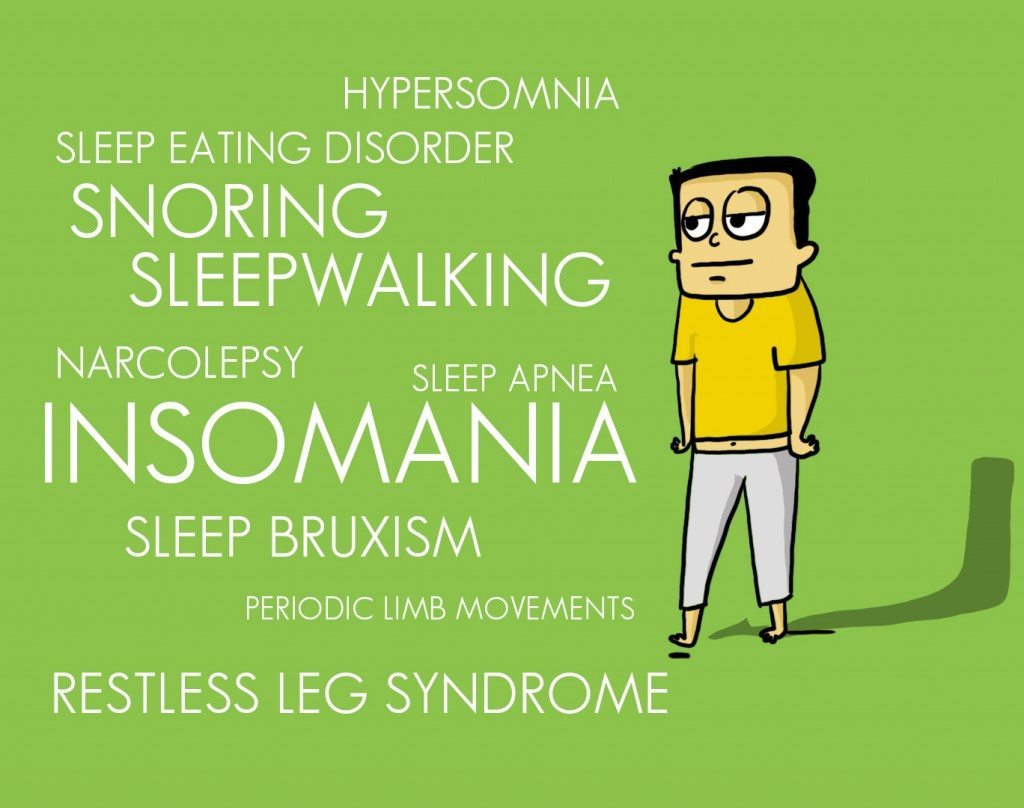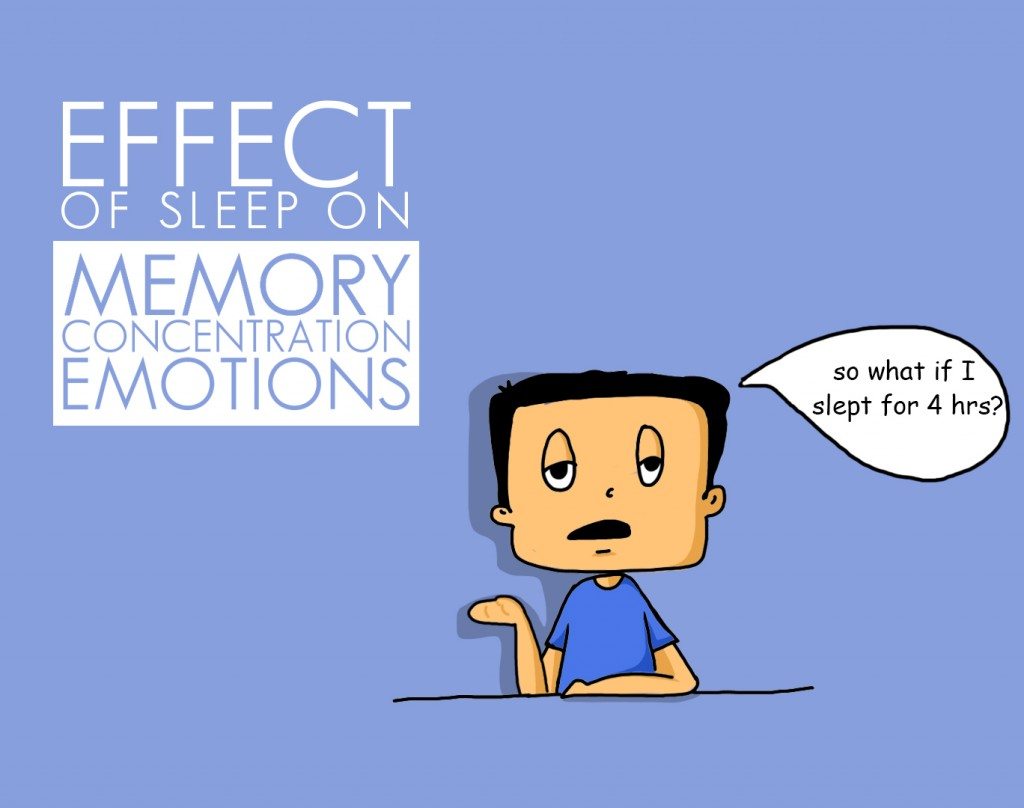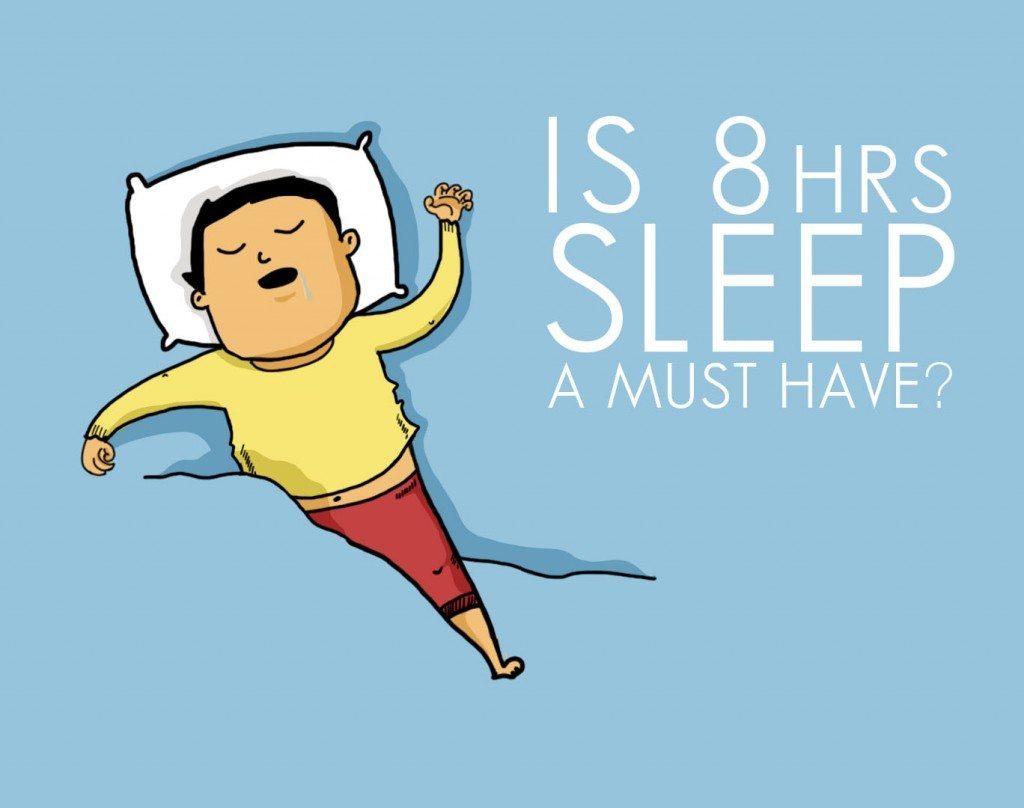A few mornings we wake up with a smile on our faces. Other mornings we wake up with an unpleasant feeling, although we cannot usually name the emotion. Could something be happening in the night’s sleep that determines our moods in the morning? While the memory of the content of the dream may be lost, the effect (emotion as we experience it) of the dream oftentimes lingers on.
What are dreams?
Imagine a motor engine in full gear, but with the clutch pressed! Dreams are a similar brain activity. They occur mainly during REM Sleep (Rapid eye movement sleep), roughly after every 90-120 minute cycle. Anybody who has dreams, and scientists claim we all do, knows by experience that a dream can feel as real as reality. The only difference being, there is no sensory input from the outside world for the dream to occur. And by some ingenious design, our muscles are paralyzed during REM sleep, and thanks to which, we do not get up and actually execute things we see in the dream!
The images, ideas, emotions and sensations that occur during dreaming range from normal and ordinary to overly surreal and bizarre! Emotionally charged expectations of the waking hours, which couldn’t be fulfilled for some reason, find an expression in dreams, most of the times symbolically. Dreams are, therefore, not just not random formations in our mind but follow a unique pattern of the psyche of the dreamer.
Why do we dream in metaphor/symbol?
A dream is like a theatre where the play is acted out, and the script is the unfulfilled waking expectations.
What would happen if we didn’t dream in metaphor? Take an example – say you wanted to punch your boss in the face today at work. At night, You dream the same thing – i.e. you punched the boss in the face! Now if you remember this dream, and it was an exact replica of what you wished to do in real, then your brain will create false memories! This will be a disaster since you will not know any longer whether you actually punched the boss or just dreamed of it. Therefore, dreaming in metaphors becomes like a safety net, protecting our memory from being polluted by dream content.
Why do we dream?
In events where the emotions don’t find an expression, we act out those emotions in dreams, be it of anxiety, fear, desire, happiness, creative solutions, etc. By acting out, the emotional charge of unfulfilled expectations is diffused.
Once the emotional arousal generated in the autonomic system is acted out, the stress levels come down considerably.
Dreams are loaded with expressions, creativity, innovative problem solving, a sense of inspiration and much more.
Hypotheses On Dreaming –
There are many hypotheses about the function of dreams, including:
Dreams allow the repressed parts of the mind to be satisfied through fantasy. Freud suggested that bad dreams let the brain learn to gain control over emotions resulting from distressing experiences.
Jung suggested that dreams may compensate for one-sided attitudes held in waking consciousness.
Ferenczi proposed that the dream, when told, may communicate something that is not being said outright. Dreams regulate mood.
Hartmann says dreams may function like psychotherapy, by “making connections in a safe place” and allowing the dreamer to integrate thoughts that may be dissociated during waking life.
Gestalt theorists identify dreams as the creative component of an individual that guides a person to the future according to one’s own desire and comprehension.
A small example of dream analysis –
‘Seeing the death of a loved one’ – In psychological terms, death does not mean the physical dimension. Suppose the person saw the death of a parent in their dream, it means that that individual is ready to be psychologically independent of the person’s death they saw. The emotional baggage or pathological dependence on the said person is complete. This relationship can turn to healthy dimensions of interdependence. It mostly is a good thing to see someone’s death in the dream.
‘Seeing yourself running away or towards someone/something’ – emotions have a lot of energy, thus tend to have movement. Running can be a sign of stress and a need to get away from the situation or renewed rigor to combat/confront the situation. Either ways the dream is permitting an expression (catharsis) in order to tackle the situation in one’s conscious life once a person awakens from the dream.
Dreams are a powerful tool! Many famous artists and scientists have found their inspiration through dreams. A few examples are Srinivas Ramanujan’s mathematical equations were revealed to him in dreams, the inspiration for Jekyll & Hyde was found in dreams, Paul McCartney’s famous “yesterday” came to him in dreams, DNA was discovered in a dream, Einstein discovered the principle of relativity after having a vivid dream…and the list goes on…
Not only do you experience the pleasure and drama of your own mind, dreams are also a bridge to that infinite reservoir of inner wisdom which we call the subconscious
As Freud called it – Dreams are a royal road to the unconscious!
Your power, your potential, your true person can be found through dreams. So dream on!



